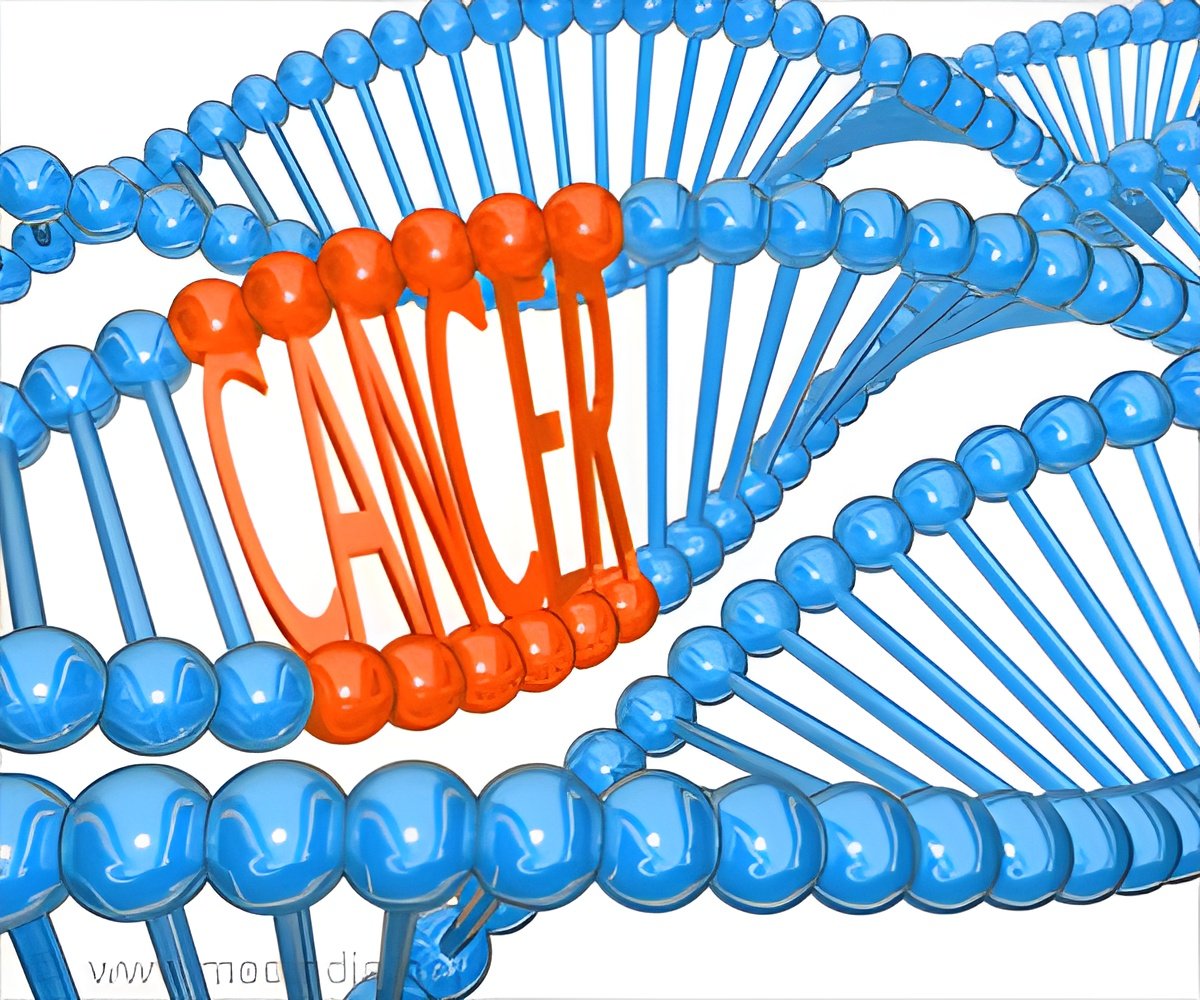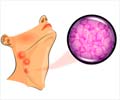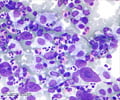Forty percent of patients with diffuse large B-cell lymphoma had a complete response, most of which were durable, revealed clinical trial study.

This compares favorably with earlier studies based on chemotherapy. The retrospective SCHOLAR-1 study, published in 2017, found that only seven percent of patients with refractory DLBCL had a complete response. The median overall survival was a mere 6.2 months. "Outcomes were consistently poor across patient subgroups and study cohorts," the SCHOLAR-1 authors noted.
More promising data from the JULIET trial "led to the Food and Drug Administration's approval May 1, 2018 of tisagenlecleucel for treatment of DLBCL," said study co-author Michael Bishop, MD, Professor of Medicine and Director of the Cellular Therapy Program at the University of Chicago Medicine. "Our current results are a promising sign of the potential for long-term benefit."
Scott McIntyre, the first patient to receive CAR-T cell therapy for stage 3 DLBCL at the University of Chicago, was pleased to learn about the study results. He is now 30 months post treatment and has had no sign of recurrence. He still gets a transfusion of antibodies every two months to protect him from the risk of infection that comes with the loss of his normal B cells. But the South Bend, Indiana native quickly returned to his job and seldom misses a Notre Dame football game. He just returned from watching the undefeated team beat the University of Southern California.
The JULIET trial, based at the University of Pennsylvania, is a single-arm, open-label, global study in adults with relapsed or refractory DLBCL. Patients who were enrolled had received at least two previous lines of therapy.
The treatment process is complicated. The care team takes blood from the patient, extracts T-cells and returns everything else. The T cells were shipped to Novartis' Morris Plains facility in New Jersey. The team there modified the T lymphocytes, enabling them to find disease-causing B cells that display a surface protein called CD19 and destroy them.
The process, a form of immunotherapy, can have severe but generally self-limited side effects. The most common adverse event is cytokine release syndrome (58 percent), which causes severe flu-like symptoms such as fevers, swelling and low blood pressure. It can also cause neurologic effects such as delirium, but physicians have learned how to control these side effects. No deaths in this trial were attributed to the treatment.
"The median progression-free survival has not been reached for complete responders," the authors wrote. The probability of survival at month 12 "was 90 percent among complete responders." "Overall, this is extremely exciting," Bishop said. "Relapses after 12 months are infrequent. Our first patient, treated in May 2016, has been back at work for two and a half years. This trial demonstrates that CAR-T cell therapy can provide a high rate of durable responses."
JULIET is the largest study examining a CAR-T therapy in DLBCL. It has enrolled patients from 27 sites in 10 countries across the US, Canada, Australia, Japan and Europe, including: Austria, France, Germany, Italy, Norway and the Netherlands.
Source-Eurekalert
 MEDINDIA
MEDINDIA




 Email
Email








